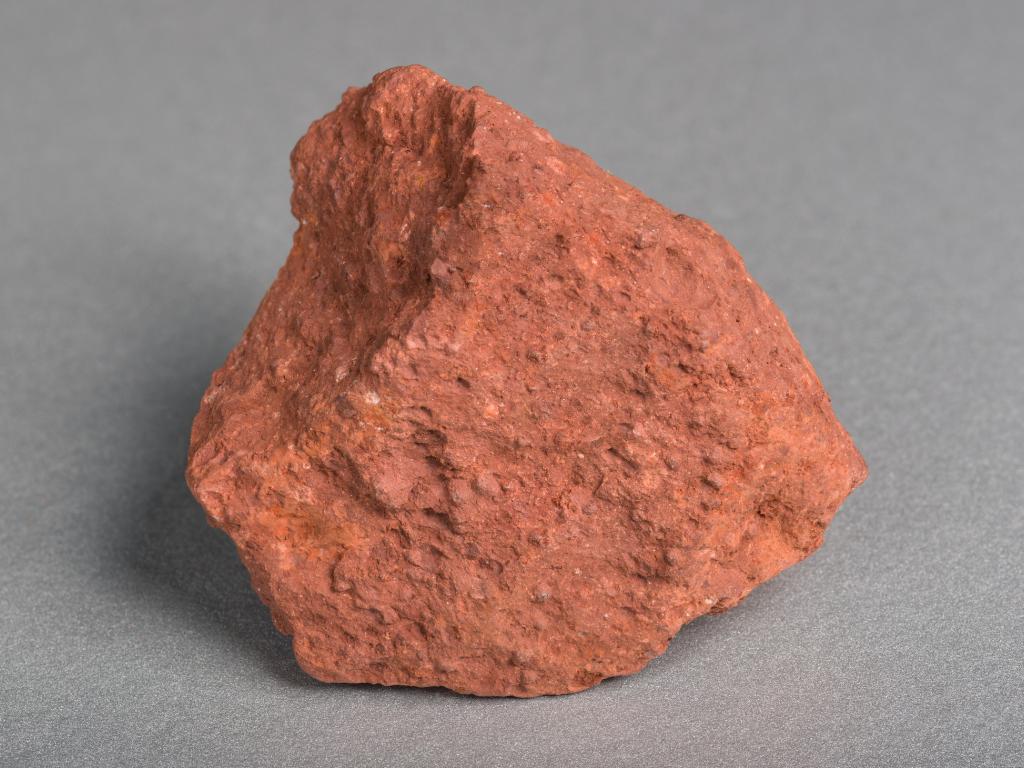Bauxite Mining in Guinea: Mine Communities between Anger and Resignation

Mining has been ongoing in Guinea since colonial rule. However, Guinea has witnessed a significant increase in mining activities over the last decade, specifically bauxite mining. Guinea has the largest bauxite reserves in the world. Such reserves are located in Boké, North West of Conakry. This region has become an Eldorado in less than five years. The sudden increase in mining activities coincides with Alpha Condé becoming the country’s president in 2010.
Under Condé’s presidency, several law reforms were initiated to render the mining sector more attractive for investment. Reforms include, amongst others, the amendment of the Guinean mining code in 2011, enabling online publication of the mining cadastre, and the creation of a single point of contact for the issuance of mining permits.
The amendment of the mining code aims to relax the tax regime relating to mining in the hope of boosting Guinea's competitiveness in the global raw materials market. The amendments specifically affected mining taxes on bauxite.[1] Furthermore, the amendment seeks to align the practices of Guinea’s mining sector with international best practices and to provide investors with an environment that is conducive to profit realisation. The code also seeks to promote the employment of locals and community development.[2]
The reforms resulted in the influx of mining companies from Australia, Britain, China, the Emirates, France, India and Russia. An increase in prospecting and exploration activities followed, creating the opportunity for the construction of infrastructure such as bridges, ports, roads and large mining structures. For communities in the region, this was a positive change, representative of the development projects to come. The communities hoped to secure employment and better living conditions in a region where the majority of the population live below poverty threshold.
The mentioned reforms have been very beneficial for the industry in general. Bauxite miners in Guinea are set to become the biggest exporters of bauxite in the world. The reforms, however, have not necessarily realised the hopes of the mine communities. Local communities have not seen a significant amount of benefits from the booming bauxite mining industry of the Boké region.
Growth in the industry has not created more jobs, as communities expected. According to a community leader, 70% of the youths in Boké are still considered unemployed. Community members argue that the mining operations only benefit people from outside the communities. As a community member claims, “jobs are only obtained through connections”. Mining companies bring their own workers from outside the region since locals often lack the required expertise and skills. Besides the lack of jobs, there is lack of clean water, roads are poorly maintained and residents can only enjoy uninterrupted electricity provision between 7 pm and 1 am. The situation is further exacerbated by a lack of arable land as mining is taking place in areas that were initially suitable for farming. Compensation has been paid for lost farmland, but compensation is either not enough or not managed properly on behalf of the local communities. In some instances, no compensation was paid at all.
Mining operations in the region have also rendered life more difficult for communities as a result of its damaging effects on the environment. Several rivers are now polluted by the red dust created by mining operations and by the comings and goings of dump trucks on gravel roads which produce more dust. According to the Guinean Bureau of Environmental Study and Assessment (BGEEE), the concentration of the red dust particles is between 5 and 8 times higher than normal, increasing the risk for contracting respiratory diseases and preventing successful fruit planting. In other parts of the region, fish have fled their breeding area due to shipping traffic at the port. Cracks are visible on houses’ walls due to regular blasts that have taken place in mines within the area.
The Guinean Minister of Mines and Geology recently admitted that more must be done to improve the living conditions of communities in Boké. He further conceded that the bauxite-mining sector should have been the catalyst for agricultural development in Boké and not an obstacle.
The mining code reforms were critical to Guinea’s economy. The revenues arising from the bauxite-mining sector have given the economy a great boost. However, the reforms were far less beneficial for local communities than anticipated. As a result, communities are left frustrated. With the minister’s acknowledgement of the dire situation, it is hoped that authorities will reconsider communities’ position the bauxite-mining industry and in so doing ensure that mining is beneficial for everyone.
Written by Bernard Kengni.
